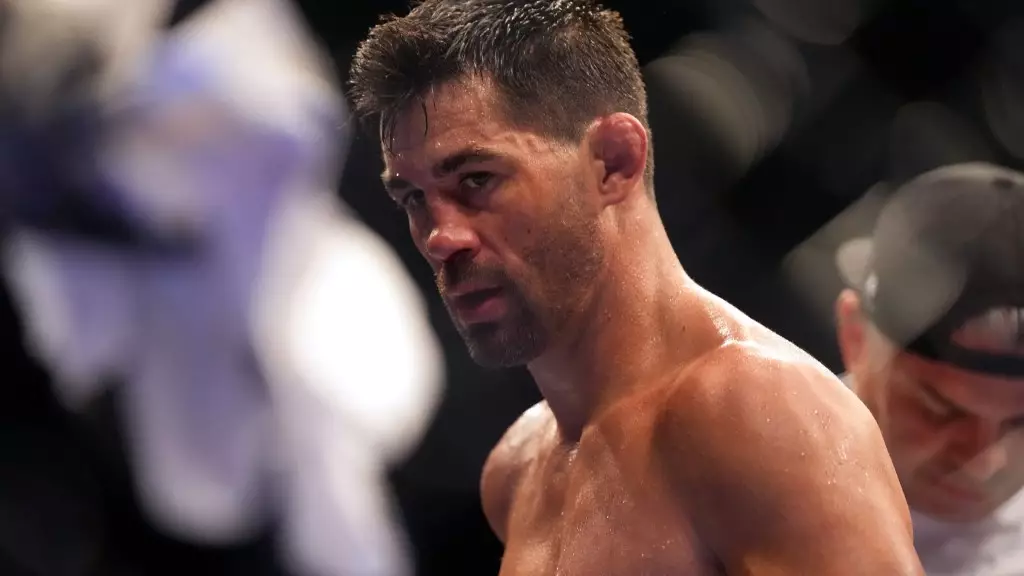The world of mixed martial arts (MMA) is fraught with rivalries, fierce competition, and the relentless pursuit of glory. Among the prominent figures in this arena is former UFC bantamweight champion Dominick Cruz. Cruz, a highly respected athlete with a professional record of 24 wins and four losses, announced his retirement due to a lingering shoulder injury, a decision that reverberated through the MMA community. His scheduled fight against Rob Font at UFC Fight Night 252 was set to be a significant moment, but fate had other plans. The emotional weight of retirement in a sport where resilience is paramount can be immense, as athletes grapple with the loss of competition and the identity tied to their profession.
What was particularly striking about this scenario was the unexpected outreach from T.J. Dillashaw, a figure Cruz had long regarded as a rival. Their contentious history reached its peak in 2016 when Cruz triumphed over Dillashaw to reclaim the bantamweight title, a victory fueled by intense competition. However, in a surprising turn of events, Dillashaw reached out to Cruz with a message of support and advice concerning Cruz’s ongoing shoulder troubles. This gesture is a testament to the complexities of relationships within competitive sports. Despite the animosity that can exist in the octagon, there can also emerge a sense of fraternity forged through shared experiences—the challenges, the injuries, and the grit required to compete at the highest level.
Cruz shared with Ariel Helwani the compassion he felt from Dillashaw’s message. It resonated deeply with him, highlighting the shared struggles athletes face. Cruz mentioned that he had received messages from numerous notable figures, including former rival Urijah Faber and retired F1 driver Danny Ricciardo. He noted that these connections reveal a broader narrative: athletes often live parallel lives filled with challenges that transcend their respective sports. The sentiment that binds them is rooted in perseverance, and it allows for a form of camaraderie that often isn’t publicly acknowledged. As Cruz observed, “When they reach out, it shows that there’s some strand of connectivity that we’re all on.” This statement encapsulates how sports, despite competitive divides, can foster a unique bond among athletes.
Retirement in professional sports is not merely an end; it provides a space for reflection. For Cruz, his career has been defined by remarkable comebacks and significant setbacks. With the decision to retire stemming from an injury rather than a loss in the octagon, the emotional aspect takes on a new dimension. The journey of an athlete often intertwines with their personal development. Cruz’s story exemplifies resilience, not only in physical recovery but in his ability to navigate the complexities of life after MMA. Former champion Dillashaw, who himself opted to retire in 2022 following several surgeries, symbolizes the reality that injuries can dictate an athlete’s trajectory. Both men’s paths illustrate an essential truth about professional sports: the pursuit of greatness is often accompanied by trials that extend far beyond the arena.
In closing, the dynamic between rivals like Cruz and Dillashaw emphasizes that in a world often characterized by fierce competition, there remains a profound humanity. This unexpected alliance, born from pain and understanding, reflects the deeper fabric of sportsmanship, where respect and recognition of shared challenges can transcend rivalries, ultimately defining the legacy of an athlete.

